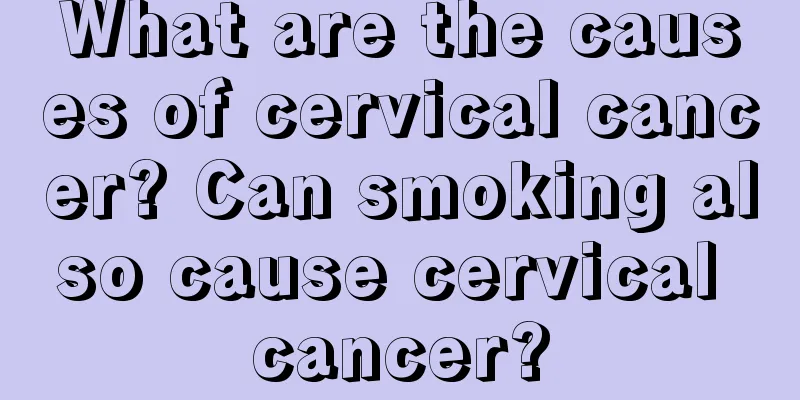Grading and nursing of radiation dermatitis in nasopharyngeal carcinoma

|
Grading and care of radiation dermatitis in nasopharyngeal carcinoma? Radiation dermatitis often occurs during or at the end of radiotherapy for nasopharyngeal carcinoma. It is manifested by erythema on the local skin of the irradiated field due to capillary dilation, followed by pigmentation; microthrombosis in small blood vessels leads to local hypoxia and secondary cell damage and death, peeling, hair loss, ulcers, bleeding, necrosis, or edema due to fluid retention. In severe cases, even long-lasting ulcers may occur. According to the severity of radiation dermatitis caused by radiotherapy, it is clinically divided into 5 degrees, namely 0 degree, Ⅰ degree, Ⅱ degree, Ⅲ degree, and Ⅳ degree. The specific manifestations are as follows: 0 degrees: No symptoms or discomfort. Grade I: Symptoms are mild and may manifest as dark red patches on the skin like follicles, a small amount of hair loss, dry peeling, or decreased sweating. Grade II: Based on the previous degree, skin tenderness, bright erythema, flaky moist peeling, or moderate edema may occur. Grade III: manifested as confluent moist desquamation or pitting edema in areas other than skin folds. Grade IV: manifested by skin ulcers, bleeding and necrosis, accompanied by pain. However, the acute radiation reaction caused by radiotherapy in most patients is usually mild and limited to a small range of symptoms, generally between degree 0 and degree II. It usually disappears or is relieved after a few weeks, and a blood scab will form 3 to 4 weeks after completing radiotherapy. For patients with degree III or above, it takes weeks to months to subside, but the skin affected by radiation may never return to normal. |
<<: Nursing diagnosis of nasopharyngeal carcinoma in oncology department
>>: Can nasopharyngeal cancer be cured in the early stages?
Recommend
What equipment do you need for running
Among all physical exercise, running is generally...
The most reliable test method to diagnose bladder cancer
What is the most reliable examination method for ...
Postpartum hair loss and itchy scalp
Various symptoms will appear after pregnancy, suc...
What to do if oil stains on clothes can't be washed clean
I believe that every friend has encountered the s...
Why do you need to brush your teeth in the morning
One thing everyone does in their early days is br...
What causes glioma
Glioma is a malignant tumor in the brain. At pres...
Drugs for treating bipolar disorder
People are under a lot of pressure nowadays, so t...
Neurological symptoms
Neurology is a department that mainly treats peop...
Melanoma patients should pay more attention to early symptoms
Everyone has moles of varying sizes, and most of ...
What are the dietary taboos for early lung cancer? The main dietary principles for early lung cancer
What should we do if we have lung cancer? In addi...
How are empty fingers formed
Empty fingers are not actually a disease, but jus...
What should I do if I have advanced lung cancer? What are the symptoms of advanced lung cancer?
Lung cancer is a very serious disease once it rea...
What calcium tablets can a 16-year-old take to grow taller
Many people want to be tall because it makes them...
How to remove acne at the corners of mouth
The human body is often prone to disease problems...
Hyponatremia and hypochloremia may also be caused by lung cancer
Aunt Wang is 58 years old this year. She never im...









